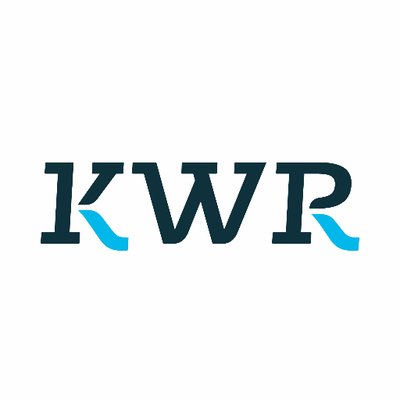Sewer Systems of the Future
This project aims to develop a stochastic sewer model to support sewer design under water conservation measures.
The overall aim of this project is to investigate the impact of water conservation on the operation of sewer systems and identify options to improve the design of low-flow sewer systems.
Objectives to achieve this aim include:
The development of a stochastic sewer input model to accurately represent household discharge quantity and quality into the sewer.
Model the changes to hydraulic flow and water quality within an existing sewer network as a result of certain water conservation scenarios.
Analyse if any flow or concentration changes might offer opportunities for resource recovery throughout the sewer network.
Finally, draw this all together to suggest the consequences of water conservation for future design.
Project outline
Rising water scarcity, pressure for sustainability and the need for water efficiency will drive reduction in water consumption and hence flow to sewer. UKWIR (2016) wishes to halve abstraction by 2050. What will be the effect on sewer systems and the way we dispose of wastewater?
A new sewer design capable of transporting more concentrated wastewater could increase efficiency and sustainability of our wastewater networks. More effective sewage treatment and resource recovery could result from higher wastewater concentrations (Verstraete & Vlaeminck, 2011). However, sewer transport efficiency may be affected (Parkinson et al, 2005; Penn et al, 2013). This work has used and developed SIMDEUM_WW® to produce stochastic wastewater discharge patterns which form a dynamic input to a stochastic sewer model for accurate prediction of dynamic flow, pollutant and sedimentation changes resulting from widespread water conservation. InfoWorks ICM (Sewer Edition)® has been used to model the network effects. The model has been tested and validated in both the UK and the Netherlands and has been used to test the effects of future what use scenarios developed by Artesia Consulting.
Science
Sewer models are typically deterministic and there are very limited number of stochastic models that have been developed. SIMDEUM® is a software that was developed for stochastic demand pattern generation and has not yet been validated for use in wastewater flow prediction. This work will develop and validate SIMDEUM® for wastewater applications and link it with InfoWorks ICM® to produce a full stochastic network model. This stochastic model will be used to gain new knowledge about the flow and water quality impacts of future water conservation measures that can be used to assess the feasibility of resource recovery throughout the sewer network and propose how sewers could be designed in future to support a more sustainable wastewater system.
The first paper resulting from this work has been published in the Journal of Hydrology (Bailey, O., Arnot, T. C., Blokker, E. J. M., Kapelan, Z., Vreeburg, J., Hofman, J. A. M. H.., 2019. Developing a stochastic sewer model to support sewer design under water conservation measures. Journal of Hydrology, 573: 908-917. DOI:https://doi.org/10.1016/j.jhydrol.2019.04.013). The work has also been presented at two national conferences, IWA Young Water Professionals Conferences (10-12th April 2017 and 16th-18th April 2018), and two international conferences, 11th International Conference on Urban Drainage Modelling 2018 (Italy, 23rd-26th September 2018) and IWA Efficient 2019 (Philippines, 13th-16th January. Olivia will also deliver a podium presentation at 9th International Conference on Sewer Processes and Networks (SPN9) (Denmark, 27th-30th August 2019).
Impact
Reducing water demand is a top priority within the water industry, both in the UK and globally. It is currently unknown what effects dramatic water conservation could have on our existing sewerage infrastructure. Findings emerging from this project will provide evidence to inform future sewer design, ensuring suitability and sustainability. In 2019, Olivia undertook a research visit at TU Delft where she collaborated with Dr. Ljiljana Zlatanovic and Prof Jan Peter Van der Hoek to create an integrated supply and wastewater model to explore option for a new urban water transport system. This project is exploring relevant opportunities for resource recovery and water use reduction to ensure a sustainable water system in the future.



